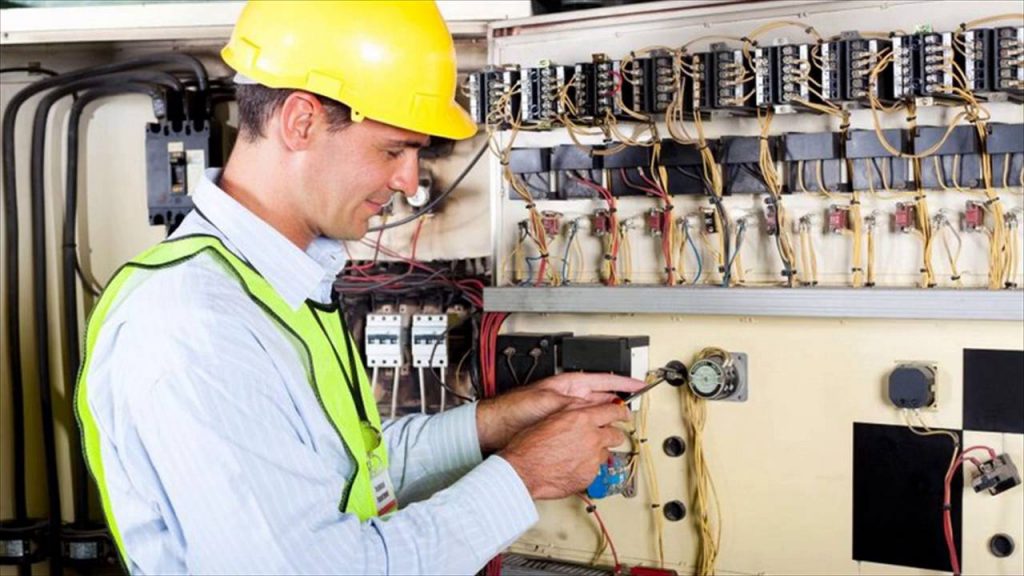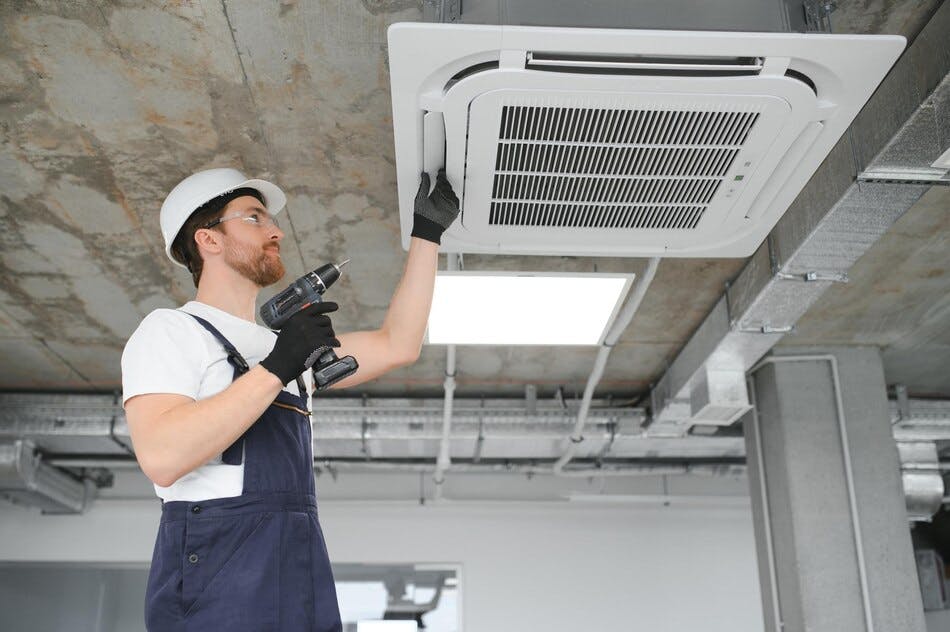When it comes to home repairs or renovations in Singapore, homeowners often face a crucial decision: Should you hire an HDB-approved contractor or a freelance handyman?
While both options can accomplish the task, there are key differences in cost, compliance, scope, and accountability. Understanding these differences is crucial—especially for HDB flat owners who must follow specific guidelines when carrying out works.
In this article, we’ll compare HDB-approved contractors and freelance handymen in detail. We’ll cover pricing, reliability, job scope, licensing, and suitability for different types of tasks.
What Are HDB Approved Contractors?
HDB-approved contractors are individuals or companies that have been officially registered under the HDB Registered Renovation Contractor Scheme (RRCS). This scheme ensures they are aware of and trained in renovation guidelines for public housing in Singapore.
To be HDB-licensed, contractors must:
- Have at least 3 years of relevant experience
- Pass specific training courses on HDB regulations
- Follow the Renovation Guidelines set by HDB
- Be regularly reviewed and audited by HDB
Hiring an HDB-approved contractor is mandatory if you’re performing works that affect the structure or systems of your flat, such as:
- Hacking walls
- Relocating toilets
- Plumbing and electrical rewiring
- Window installations
- Flooring or tiling
- Central kitchen or bathroom renovations

What Are Freelance Handymen?
Freelance handymen are independent service providers. They may be self-employed or work under a small, informal setup. Many handymen are skilled in multiple trades, including plumbing, basic electrical repairs, furniture assembly, and painting.
Most freelance handymen are not HDB-approved. They operate based on their skill level and reputation rather than formal licensing. While they can be highly efficient and cost-effective for smaller tasks, they are not allowed to carry out HDB-regulated work.
HDB Approved Contractors vs Freelance Handymen: Key Differences
Let’s break down the comparison across important categories:
| Criteria | HDB Approved Contractors | Freelance Handymen |
| Regulatory Approval | Must be HDB licensed | No official license needed |
| Scope of Work | Major renovation, hacking, piping, rewiring | Minor repairs, installations |
| Legal Compliance | Fully compliant with HDB guidelines | May not follow HDB rules |
| Insurance & Liability | Usually insured, legally accountable | May or may not have insurance |
| Cost | Higher, due to licensing and manpower | Lower for small jobs |
| Turnaround Time | May require booking in advance | Often available on short notice |
| Suitability | Best for full renovations | Ideal for one-off jobs or minor fixes |
When Should You Choose an HDB Approved Contractor?
You should always engage an HDB-approved contractor for:
- Renovations involving hacking or demolishing
- Upgrading bathrooms or wet areas
- Major tile or flooring replacement
- Changing window frames
- Altering plumbing lines or gas pipes
- Any renovation work that requires a permit from HDB
Engaging an unlicensed person for these tasks can lead to:
- Hefty fines
- Stop-work orders
- Voided home insurance claims
- Removal orders from HDB
Always request the contractor’s HDB license number and verify it on HDB’s official site.
When Should You Choose a Freelance Handyman?
Freelance handymen are great for:
- Minor wall painting or patch-ups
- Fixing door hinges or handles
- Replacing light fixtures or fans
- Installing shelves or curtain rods
- Clearing clogs or fixing minor plumbing leaks
- Small carpentry jobs like assembling furniture
They are ideal for homeowners who need:
- Quick, budget-friendly fixes
- No-hassle bookings with fast turnaround
- One-time help for non-structural work
Many handymen advertise through social media, word of mouth, or platforms like Carousell and WhatsApp groups. Always read reviews or ask for photos of past work before hiring.
Cost Comparison: HDB Contractor vs Handyman in Singapore
| Task | HDB Contractor Cost | Freelance Handyman Cost |
| Install new bathroom tiles | $1,500–$3,000 | Not allowed |
| Hacking wall | $2,000–$4,000 | Not allowed |
| Paint single room | $300–$500 | $150–$250 |
| Replace kitchen faucet | $120–$200 | $60–$100 |
| Mount wall shelves | $200–$300 | $80–$150 |
For extensive renovation, hiring a contractor is the safer (and required) option. For smaller tasks, handymen may be more practical and affordable.
Legal Risks of Hiring the Wrong Person
In Singapore, flouting renovation rules can lead to severe consequences. If you hire a non-HDB-approved person for regulated tasks:
- You may be liable for rectification costs
- HDB may issue fines or take legal action
- Your renovation work may be revoked or halted
These risks are especially important for resale flats, as illegal work can reduce property value or delay transactions.
Tips for Choosing the Right Person
Whether you hire a contractor or a handyman, always take the following precautions:
- Verify Credentials
- Ask for an HDB license if required.
- For handymen, ask for portfolio or client references.
- Request a Written Quote
- Ensure cost breakdown is clear.
- Avoid verbal agreements.
- Understand the Scope of Work
- Check if permits are needed.
- Know who is responsible for cleanup or disposal.
- Clarify Payment Terms
- Avoid paying the full amount upfront.
- Use payment platforms with traceable records.
- Get Everything in Writing
- Include start/end dates, warranty, and materials used.
Can You Use Both?
Yes. Many homeowners work with both. You may hire an HDB-approved contractor for your major renovation, and call in a handyman later for minor adjustments, furniture fixes, or final touch-ups.
For example:
- Contractor handles flooring, kitchen upgrades, and hacking.
- Handyman installs curtain rods, wall art, or replaces faulty sockets.
Final Thoughts
Choosing between an HDB-approved contractor and a freelance handyman comes down to job complexity, legal compliance, and budget.
If you’re doing regulated work in an HDB flat, always choose a licensed contractor. This ensures compliance with Singapore laws, avoids penalties, and protects your home’s value.
For everyday fixes or simple installations, hiring a freelance handyman is a smart choice. They’re faster, cheaper, and offer flexible scheduling.
By understanding the pros and cons of each, you’ll be better equipped to make informed decisions that save time, money, and future headaches.





